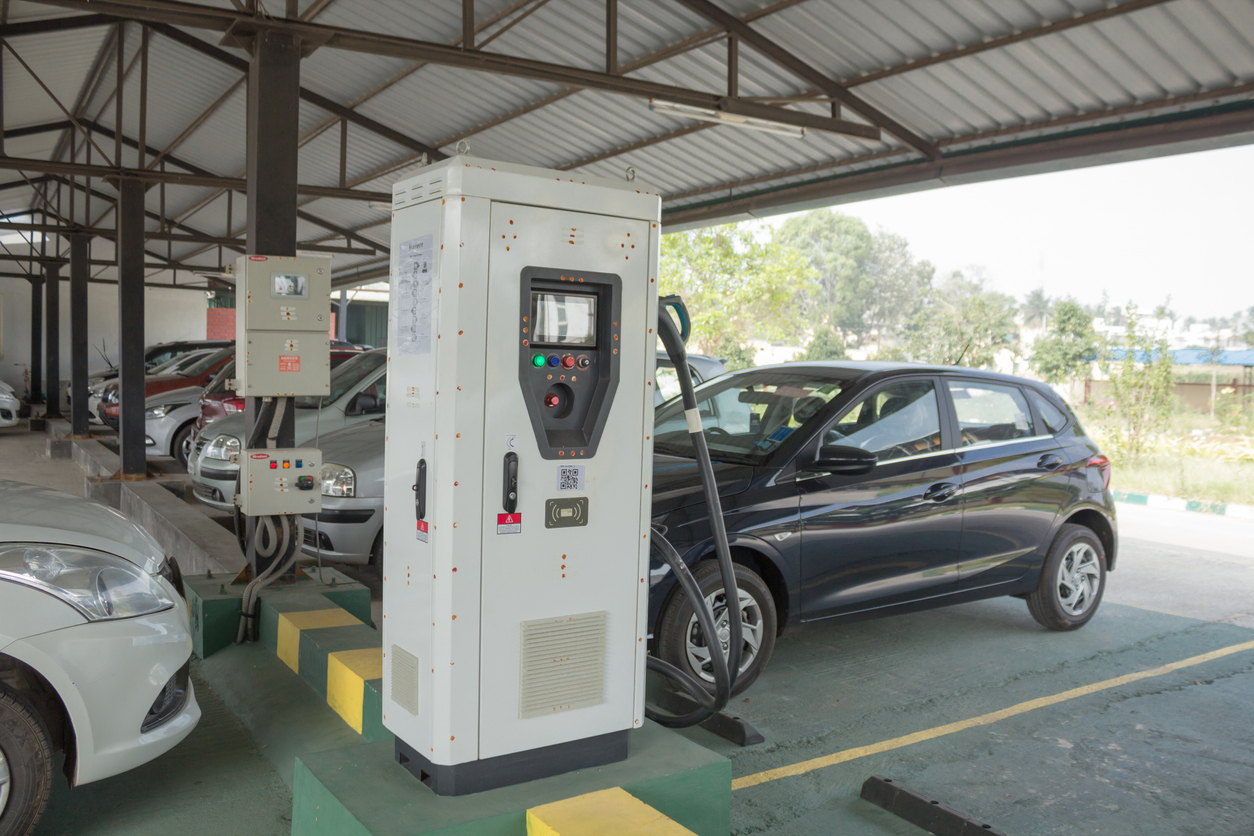
April 10, 2024
Recent governmental measures, such as lowering EV import taxes for certain models and incentivizing domestic manufacturing, have spurred interest from foreign automakers
Tesla is gearing up to export right-hand drive cars from its German plant to India later this year
ietnamese automaker VinFast plans a US$ 2 billion investment in India, commencing with the construction of a factory in Tamil Nadu
Government initiatives, including the PLI scheme for Advanced Chemistry Cells (ACC) and reduced import duties on EVs, are deemed transformative

Electric vehicle (EV) sales in India are on the fast track, with a projected 66% increase this year, building on nearly doubling sales in 2023, states a recent report by Counterpoint. This surge is attributed to state subsidies boosting demand and the emergence of supportive infrastructure nationwide, reflecting a growing consumer interest in EVs amid climate change concerns.
Projections for 2024 indicate that EV sales will constitute 4% of total passenger vehicle (PV) sales, driven by new market entrants and government incentives. By 2030, EVs are forecasted to capture nearly one-third of India’s PV market share, indicating a robust long-term growth trajectory, as highlighted in the report released last week.
Recent governmental measures, such as lowering EV import taxes for certain models and incentivizing domestic manufacturing, have spurred interest from foreign automakers. Tesla, for instance, is gearing up to export right-hand drive cars from its German plant to India later this year. Meanwhile, Vietnamese automaker VinFast plans a US$ 2 billion investment in India, commencing with the construction of a factory in Tamil Nadu.
Maruti Suzuki’s foray into the EV market is poised to disrupt Tata’s dominance, according to Counterpoint. VinFast’s decision to establish a manufacturing facility in Tamil Nadu underscores the burgeoning interest and investment in EV manufacturing domestically, indicating heightened competition and a shift towards sustainable automotive technologies.
Liz Lee, Associate Director at Counterpoint, predicts that the rise in EV battery manufacturing, buoyed by players like Ola, Reliance New Energy, and ACC Energy Storage, coupled with the Make in India initiative, will drive down production costs and bolster EV sales.
Government initiatives, including the PLI scheme for Advanced Chemistry Cells (ACC) and reduced import duties on EVs, are deemed transformative by industry experts. These initiatives not only pave the way for Tesla but also demonstrate India’s receptiveness to significant investments, fostering a conducive ecosystem for EVs and their component suppliers.
Neil Shah, Research Vice President at Counterpoint, anticipates increased innovation and competition in India’s fourth-largest PV market. He envisions players across the value chain prioritizing India for domestic consumption, technology development, research & development (R&D), and export opportunities. From Qualcomm and MediaTek providing advanced auto components to BlackBerry offering safety software and Foxconn facilitating new entrants with localized manufacturing models, India emerges as a hub for innovation and growth in the EV industry.
Source: Mint